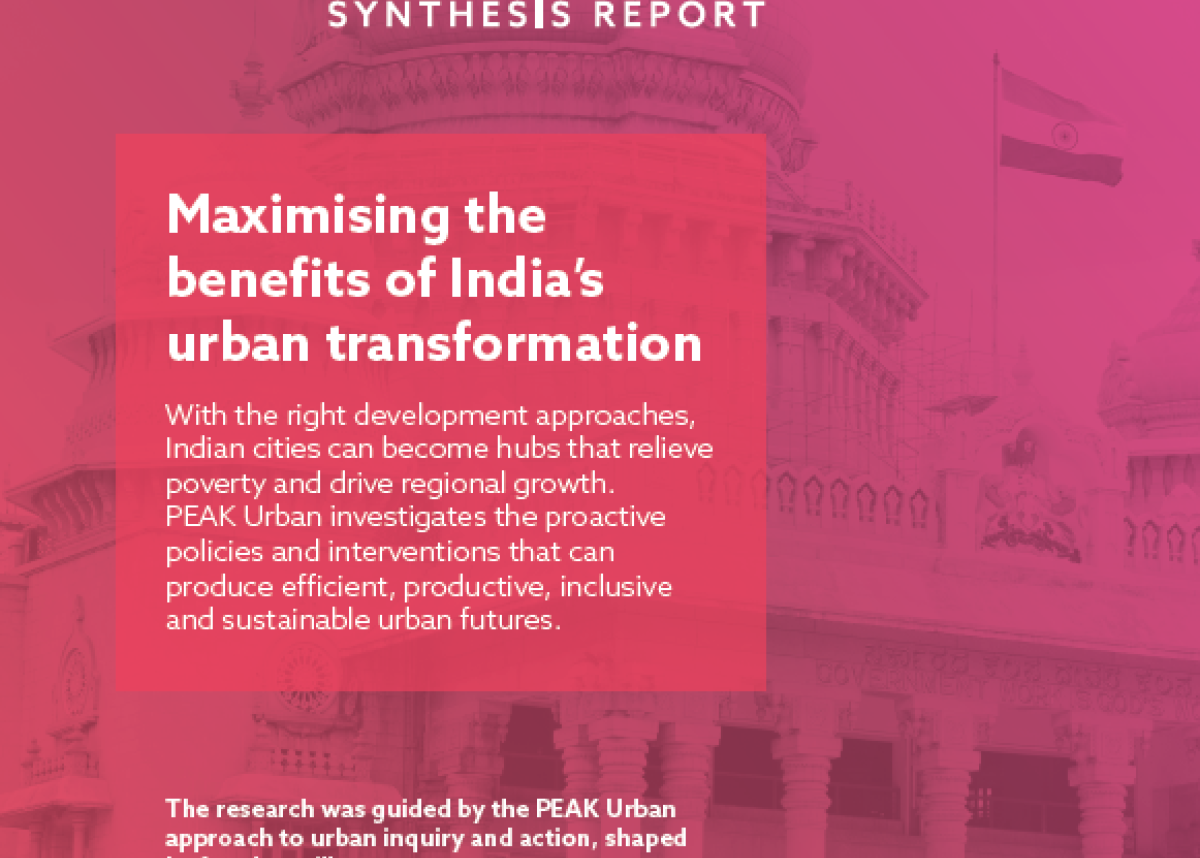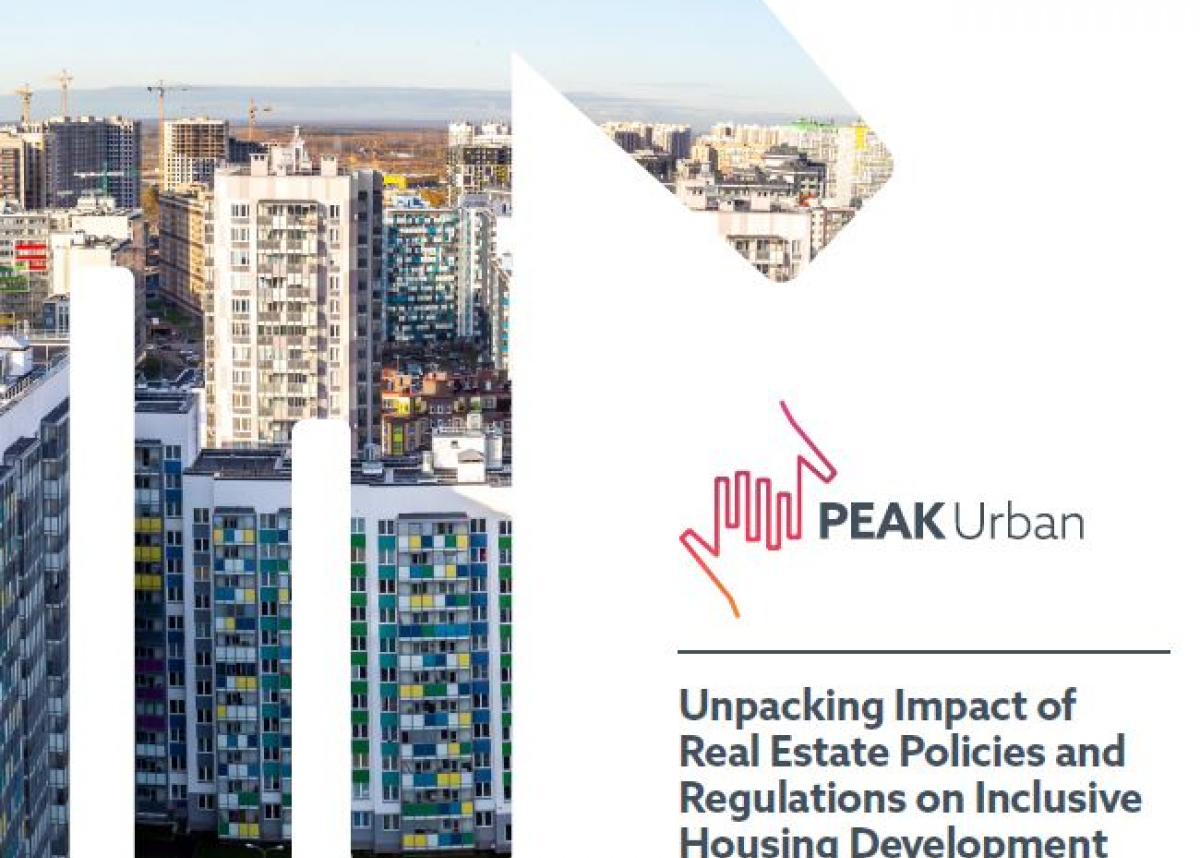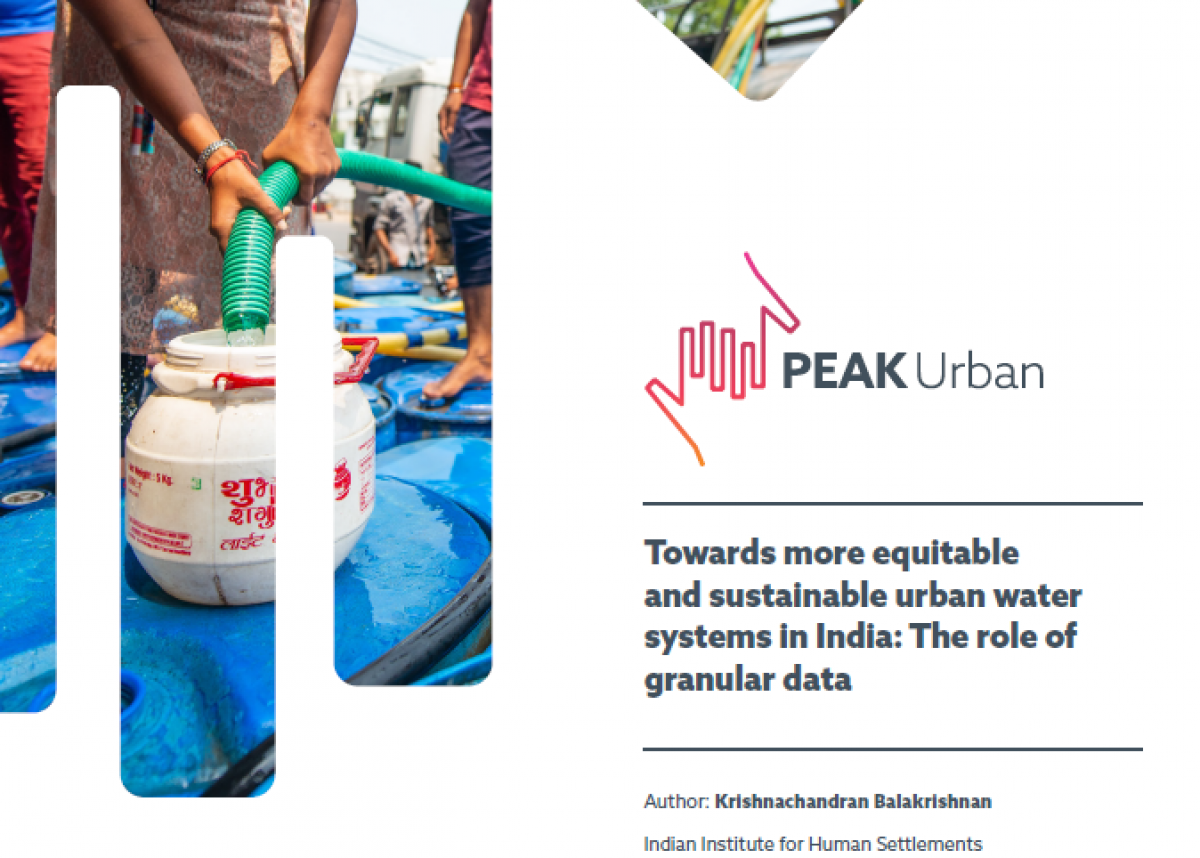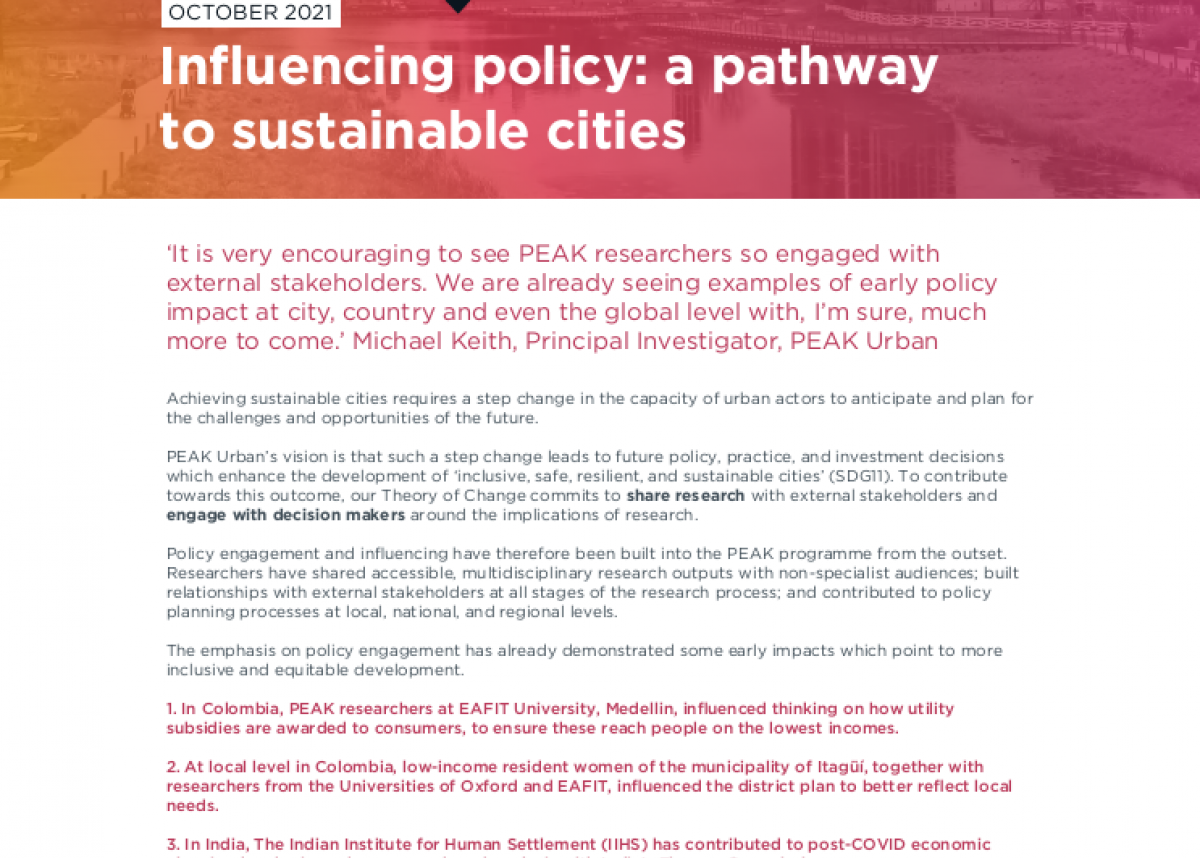
Generating megacity-scale building height maps without DGNSS surveyed GCPs: An open-source approach
This paper describes an open-source method for generating megacity-scale building height maps without proprietary software or Differential Global Navigation Satellite System surveyed ground control points (GCPs).
We use the open-source Satellite Stereo Pipeline (S2P) software along with four scenes of 2.5m resolution Cartosat-1 data for Bengaluru to demonstrate this. Digital Surface Models (DSMs) of 5 m resolution are generated using S2P, and terrain removal is achieved using 30m SRTM data resampled to 5m. The resulting normalized DSM is calibrated and validated using 1270 GCPs. These were generated by counting the number of occupiable floors of buildings and marking zero elevation ground points.
The final building height map of Bengaluru covers a total area of about 1420 km2, and across the four scenes, has RMSE values ranging from 2.8m to 3.9m—an error of approximately one floor.
Furthermore, we implemented this workflow using stereo imagery for Mumbai, and the RMSE values obtained were comparable to those for Bengaluru. Hence the method we describe is a very cost-effective way of generating megacity-scale building height maps. The height maps generated using this method can be used to better understand numerous urban characteristics including land use intensity and population distribution and can play a crucial role in urban planning and policy making.
Tripathy P, Balakrishnan K, de Franchis C, Kumar A. Generating megacity-scale building height maps without DGNSS surveyed GCPs: An open-source approach. Environment and Planning B: Urban Analytics and City Science. April 2022. doi:10.1177/23998083221084990








